If you want to skip all the rambly introduction stuff and just get to the list, scroll right on down to section 3.
1. Your brain on fiction
Believe it or not, reading fiction is a super beneficial activity, and doesn’t get anywhere near the credit it deserves.
It may come as no surprise that readers of fiction have superior vocabularies, but the magnitude of this effect is nonetheless striking. According to the massive data set at http://testyourvocab.com, frequent fiction readers can have vocabularies almost double that of non-readers:
Fiction also rewires the brain in more complex ways (much like juggling does). According to a pair of experiments published in PLOS ONE in 2013, people who read fiction over the course of a week experienced an increase in their empathy – provided they had felt emotionally transported into the story. There’s something intuitive about this finding, given that reading engaging fiction involves prolonged projection into the minds and actions of other sentient beings. No increase in empathy was seen for individuals who weren’t transported into the story, or for the control group who read nonfiction.
A second study, published later that year in Science, expanded on the earlier finding by demonstrating that reading literary fiction in particular – which emphasises the psychology of characters and their relationships – led to an improved ability to infer what others are thinking and feeling. You can imagine how invaluable this skill is throughout life when it comes to connecting and relating to other people. The benefit wasn’t seen for study groups who read nothing, nonfiction, or (perhaps surprisingly) even popular fiction. This may be because popular fiction often emphasises plot over psychology; and features simpler, more internally consistent characters, meaning that readers aren’t challenged with interpreting ambiguous psyches and motivations to the same extent.
If all that wasn’t enough, reading fiction is also a startlingly powerful means of reducing stress – more potent than walking, listening to music or drinking tea. Furthermore, enduring works of fiction become powerful cultural artefacts, serving as reference points for the fundamental human themes they explore, and facilitating collective understanding and discussion of these concepts.
Now that we’re convinced of how great fiction is for us (literary fiction in particular), we come to a stumbling block: the sad beautiful fact that we’re all going to miss almost everything. There is an absolutely ginormous body of amazing literature out there (to say nothing of music, film, art etc.), and unless we hit on some kind of singularity pretty soon that massively extends our lifespans, or lets us absorb information at a blitzing rate, we’re all going to die having barely scratched the surface of any of it. Sadface.
Accepting the inevitability of this reality, there may be an urge to at least ensure one gets through the very best fiction that’s out there. To this end, a handful of ‘Top 100’ lists have been circulated by various publications over the past couple of decades. However, a cursory glance reveals massive differences between them. Which to trust?
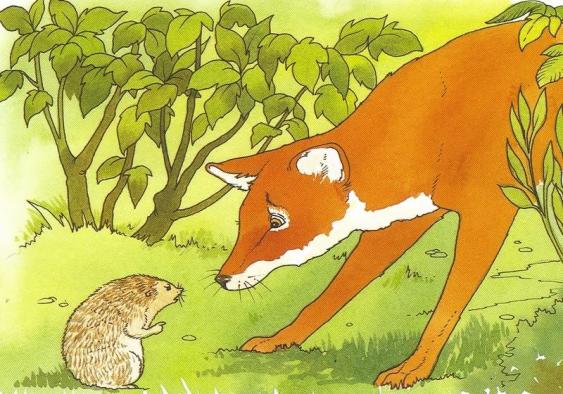
2. Sniffing out the best fiction
You’re almost at the list! Skip to the next section if you don’t care how it was derived.
The philosopher Isaiah Berlin proposed in 1953 that the world can be divided into two sorts of people: hedgehogs and foxes. While hedgehogs know one important thing, foxes are wily and know many things. They have more complex world views and more models to draw upon, and are less deeply wedded to any particular approach.
In an attempt to solve our problem in a foxy fashion, I’ve taken the 6 most widely cited ‘Top 100 fiction’ lists and analysed them for shared titles. I then assigned each book a number from 1 to 6, indicating how many lists it appeared on. The higher the number, the more confident we can be that it’s worth devoting our precious time to read. The lists I drew from were:
- Modern Library’s 100 Best Novels (1998). Voted for by Modern Library’s ten-member editorial board. English-language novels of the 20th century only.
- Modern Library’s Reader’s List 100 Best Novels (1999). An unscientific poll of over 200,000 self-selected voters. English-language novels of the 20th century only.
- The 20th Century’s Greatest Hits: 100 English-Language Books of Fiction (1999). Compiled by literary critic and English professor Larry McCaffery, largely in response to the Modern Library editorial board list, which he considered out of touch. 20th century English-language novels only.
- Le Monde’s 100 Books of the Century (1999). An unscientific poll of ~17,000 French voters. Books of the 20th century only, any language allowed. The specific question was, “Which books have remained in your memory?”
- Time’s List of the 100 Best Novels (2005). Compiled by Time critics Lev Grossman and Richard Lacayo. English language novels published 1923-2005 only.
- The Guardian’s 100 best novels (2015). Compiled by writer and editor Robert McCrum. English language books only; includes titles stretching back to the 1700s.
* * *
There was massive disagreement between the lists, with the great majority of titles appearing on only a single one. However, there were twenty-three books that featured on at least four lists, and a further 77 that appeared on two to three lists.
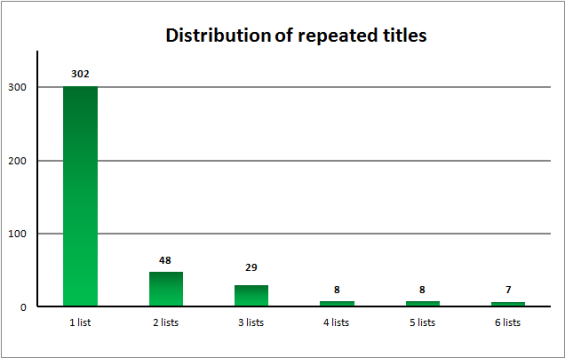
I decided that all the novels only featured on one list were too unreliable and eliminated them from further consideration. This is certainly throwing out droves of babies with the bath water, but we’re looking for the most unanimously agreed upon bests, so unfortunately it was necessary. Sorry Ayn Rand and L. Ron Hubbard.
By crazy coincidence, starting with six lists of 100 books, after throwing out all the single-list entries we’re left with exactly… 100 books.
As such, I give you the top top 100 English language novels of the 20th century.
3. The list
The crème de la crème, books on 5-6 lists:
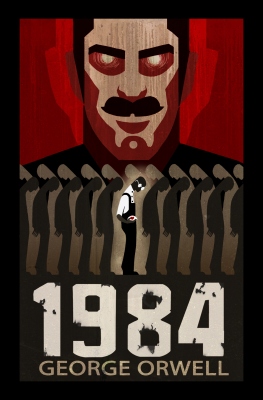
1. 1984 – George Orwell (1949)
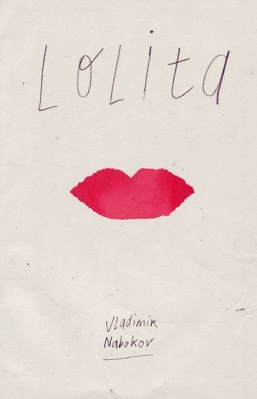
2. Lolita – Vladimir Nabokov (1955)
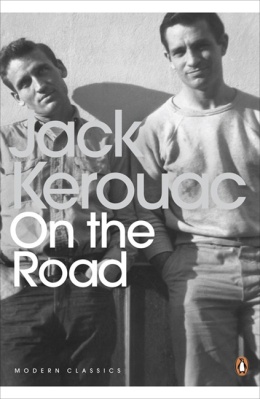
3. On the Road – Jack Kerouac (1957)
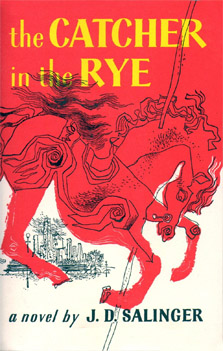
4. The Catcher in the Rye – J. D. Salinger (1951)
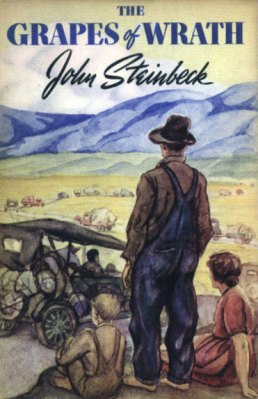
5. The Grapes of Wrath – John Steinbeck (1939)
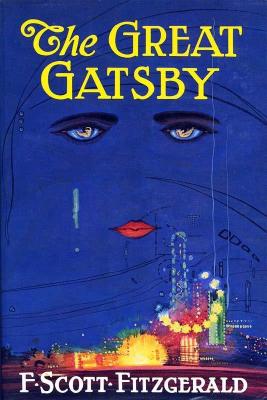
6. The Great Gatsby – F. Scott Fitzgerald (1925)
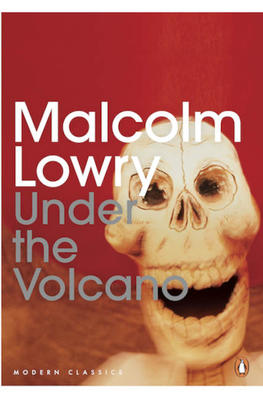
7. Under the Volcano – Malcolm Lowry (1949)
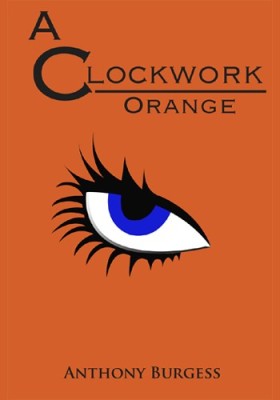
8. A Clockwork Orange – Anthony Burgess (1962)
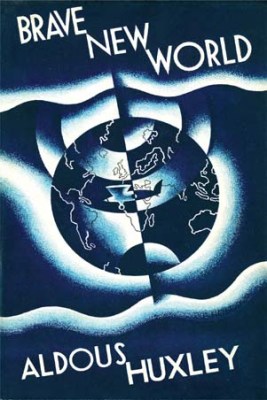
9. Brave New World – Aldous Huxley (1932)
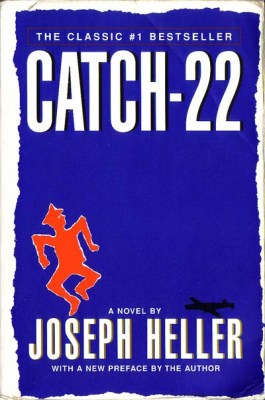
10. Catch-22 – Joseph Heller (1961)
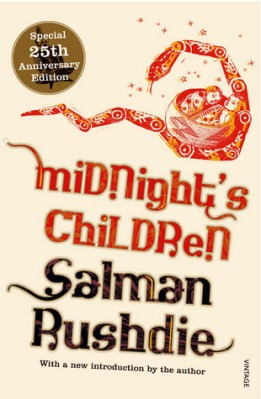
11. Midnight’s Children – Salman Rushdie (1981)
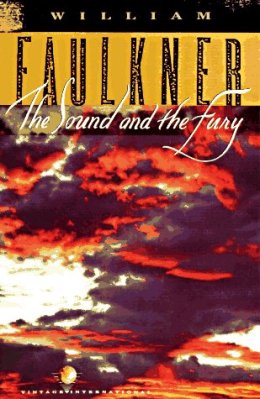
12. The Sound and the Fury – William Faulkner (1929)
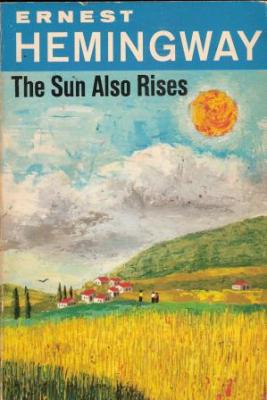
13. The Sun Also Rises – Ernest Hemingway (1926)
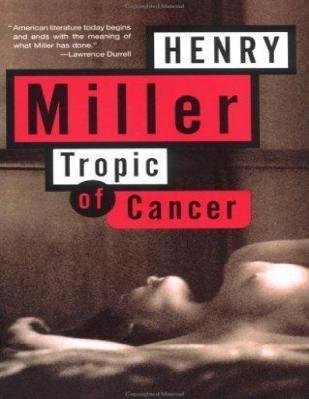
14. Tropic of Cancer – Henry Miller (1934)

15. Ulysses – James Joyce (1922)
Still damn good: books on 3-4 lists
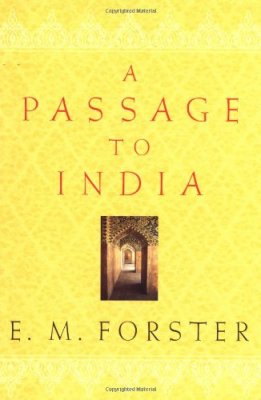
16. A Passage to India – E. M. Forster (1924)
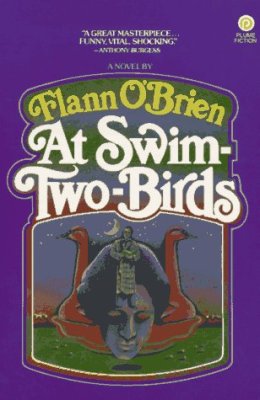
17. At Swim-Two-Birds – Flann O’Brien (1939)
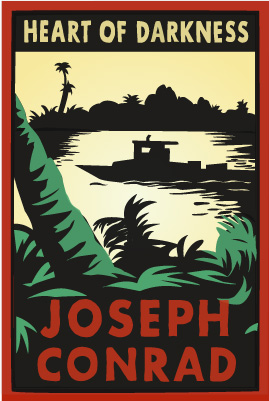
18. Heart of Darkness – Joseph Conrad (1899)
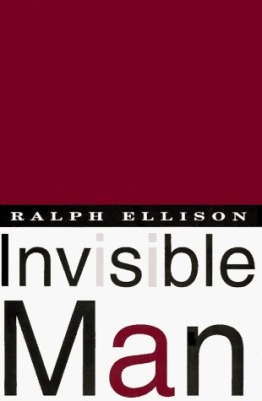
19. Invisible Man – Ralph Ellison (1952)
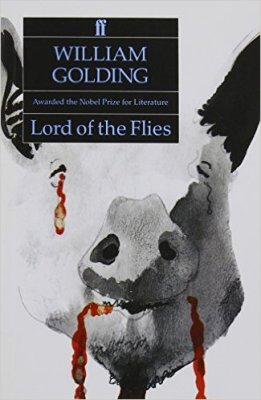
20. Lord of the Flies – William Golding (1954)
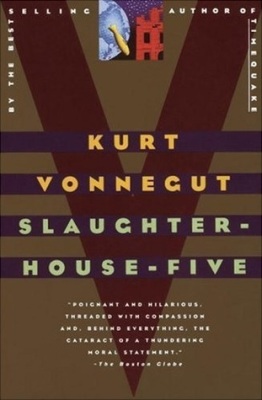
21. Slaughterhouse-Five – Kurt Vonnegut, Jr. (1969)
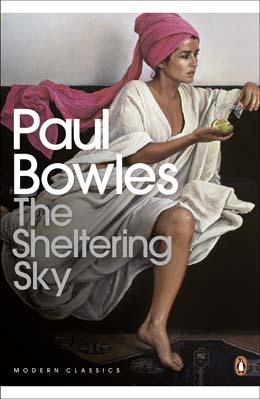
22. The Sheltering Sky – Paul Bowles (1948)
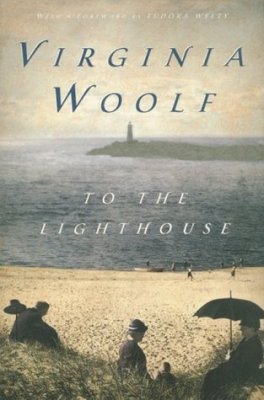
23. To the Lighthouse – Virginia Woolf (1927)
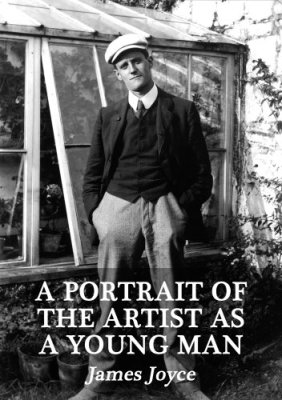
24. A Portrait Of The Artist As A Young Man – James Joyce (1916)

25. All the King’s Men – Robert Penn Warren (1946)
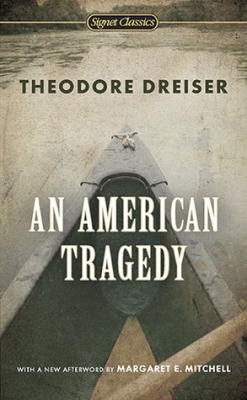
26. An American Tragedy – Theodore Dreiser (1925)
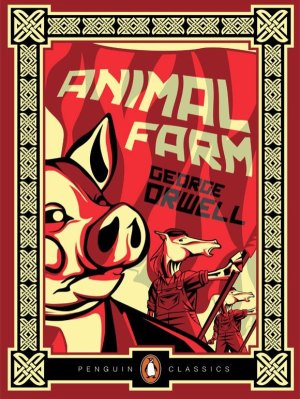
27. Animal Farm – George Orwell (1945)
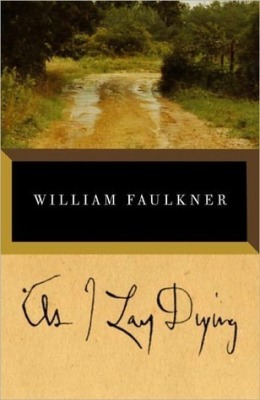
28. As I Lay Dying – William Faulkner (1930)

29. Beloved – Toni Morrison (1986)
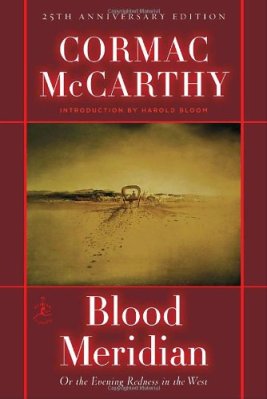
30. Blood Meridian – Cormac McCarthy (1965)
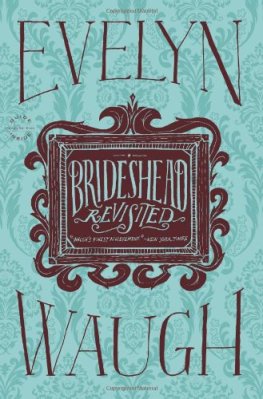
31. Brideshead Revisited – Evelyn Waugh (1945)

32. Gone with the Wind – Margaret Mitchell (1936)
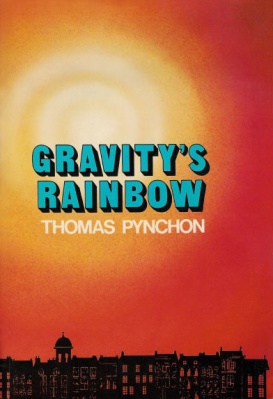
33. Gravity’s Rainbow – Thomas Pynchon (1973)
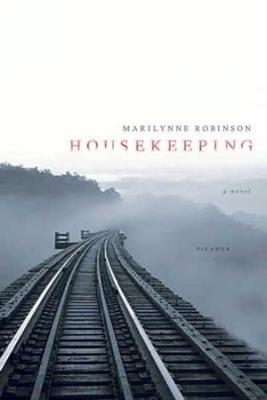
34. Housekeeping – Marilynne Robinson (1981)
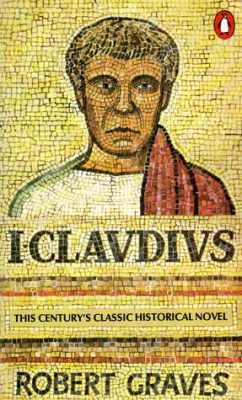
35. I, Claudius – Robert Graves (1934)
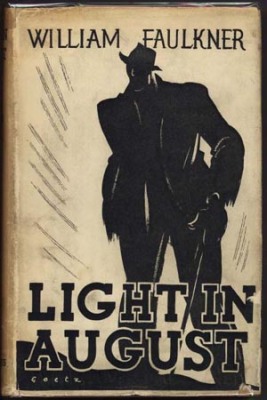
36. Light in August – William Faulkner – (1932)
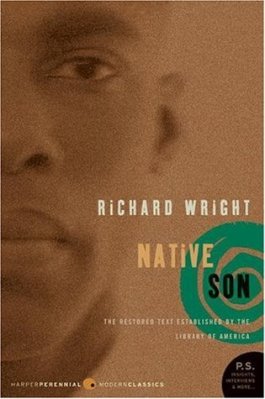
37. Native Son – Richard Wright (1940)
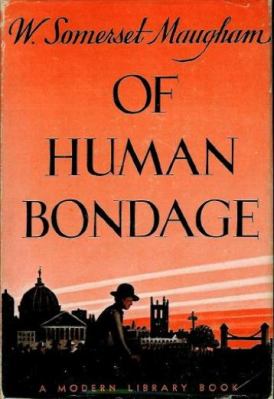
38. Of Human Bondage – W. Somerset Maugham (1915)
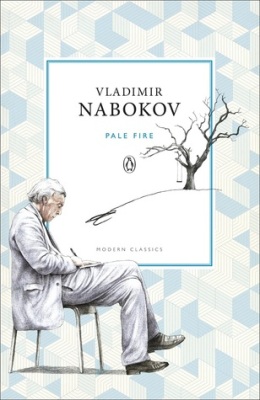
39. Pale Fire – Vladimir Nabokov (1962)
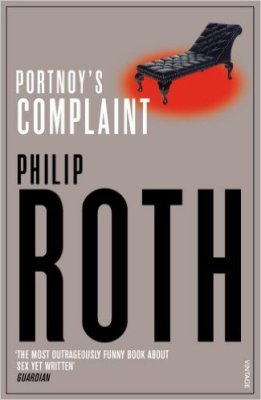
40. Portnoy’s Complaint – Philip Roth (1969)
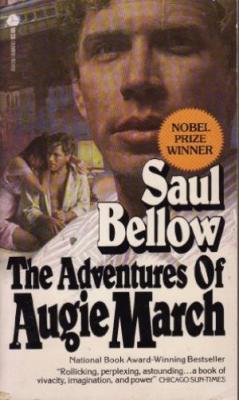
41. The Adventures of Augie March – Saul Bellow (1953)

42. The Big Sleep – Raymond Chandler (1939)
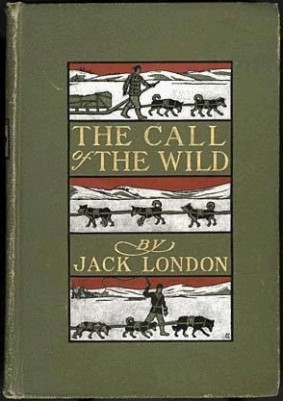
43. The Call of the Wild – Jack London (1903)
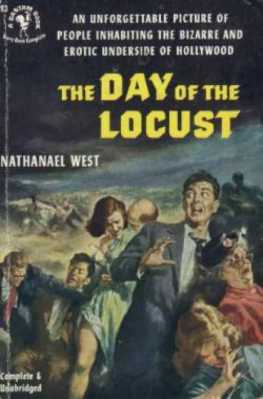
44. The Day of the Locust – Nathanael West (1939)
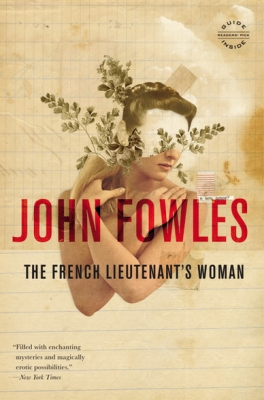
45. The French Lieutenant’s Woman – John Fowles (1969)
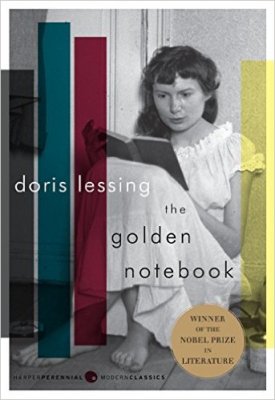
46. The Golden Notebook – Doris Lessing (1961)
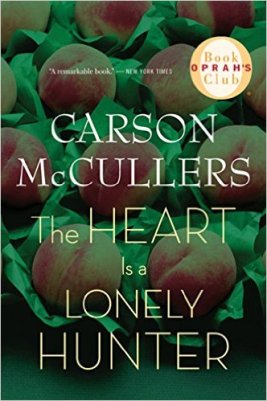
47. The Heart is a Lonely Hunter – Carson McCullers (1940)
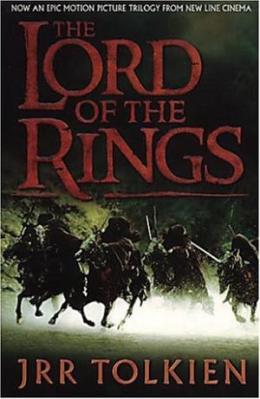
48. The Lord of the Rings Trilogy – J.R.R. Tolkien (1954-1955)
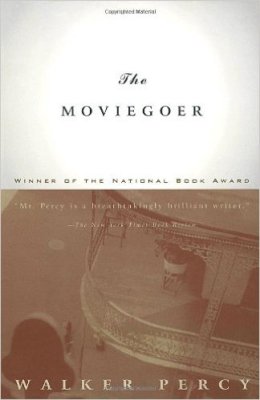
49. The Moviegoer – Walker Percy (1961)
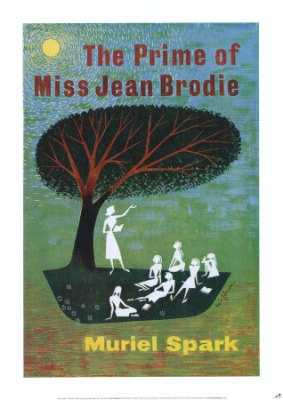
50. The Prime of Miss Jean Brodie – Muriel Spark (1961)
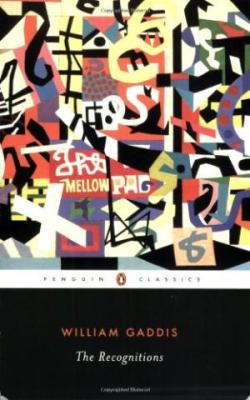
51. The Recognitions – William Gaddis (1955)
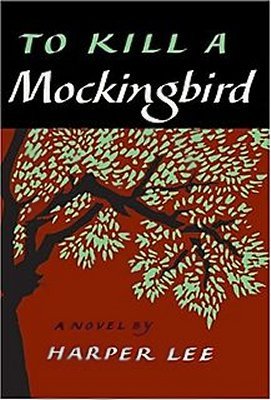
52. To Kill a Mockingbird – Harper Lee (1960)
Really great but not quite great enough for me to keep inserting pictures anymore because that is surprisingly time consuming: books on 2 lists
53. A Bend In The River – V.S. Naipaul (1979)
54. A Dance to the Music of Time – Anthony Powell (1951-1955)
55. A Farewell To Arms – Ernest Hemingway (1929)
56. A Handful of Dust – Evelyn Waugh (1934)
57. A House for Mr Biswas – V.S. Naipaul (1961)
58. Absalom, Absalom! – William Faulkner (1936)
59. Appointment in Samarra – John O’Hara (1934)
60. Death Comes for the Archbishop – Willa Cather (1927)
61. Deliverance – James Dickey (1970)
62. Finnegans Wake – James Joyce (1915)
63. Go Tell It on the Mountain – James Baldwin (1953)
64. Infinite Jest – David Foster Wallace (1995)
65. Ironweed – William Kennedy (1983)
66. Kim – Rudyard Kipling (1901)
67. Lord Jim – Joseph Conrad (1900)
68. Loving – Henry Green (1945)
69. Money – Martin Amis (1984)
70. Mrs. Dalloway – Virginia Woolf (1925)
71. Naked Lunch – William S. Burroughs (1959)
72. Neuromancer – William Gibson (1984)
73. One Flew Over the Cuckoo’s Nest – Ken Kesey (1962)
74. Ragtime – E.L. Doctorow (1975)
75. Red Harvest – Dashiell Hammett (1929)
76.Scoop – Evelyn Waugh (1938)
77. Sister Carrie – Theodore Dreiser (1900)
78. Sophie’s Choice – William Styron (1979)
79. The Age of Innocence – Edith Wharton (1920)
80. The Ambassadors – Henry James (1903)
81. The Bridge of San Luis Rey – Thornton Wilder (1927)
82. The Golden Bowl – Henry James (1904)
83. The Good Soldier – Ford Madox Ford (1915)
84. The Heart of the Matter – Graham Greene (1948)
85. The Heat of the Day – Elizabeth Bowen (1948)
86. The House Of Mirth – Edith Wharton (1905)
87. The Magus – John Fowles (1965)
88. The Maltese Falcon – Dashiell Hammett (1929)
89. The Naked And The Dead – Norman Mailer (1948)
90. The Rainbow – D.H. Lawrence (1915)
91. The Sot-Weed Factor – John Barth (1960)
92. Their Eyes Were Watching God – Zora Neale Hurston (1937)
93. U.S.A. Trilogy – John Dos Passos (1930-1936)
94. Under the Net – Iris Murdoch (1954)
95. Underworld – Don DeLillo (1997)
96. Wide Sargasso Sea – Jean Rhys (1966)
97. Winesburg, Ohio – Sherwood Anderson (1919)
98. Wise Blood – Flannery O’Connor (1952)
99. Women In Love – D. H. Lawrence (1921)
100. Zuleika Dobson – Max Beerbohm (1911)
And that’s it! Feel free to hit me up with any thoughts, vehement disagreements, book gushings etc.
4. Some final thoughts and observations
I’d like to point out several serious biases in the lists I included in this analysis.
Five of them only accepted English language novels, so we’ve already lost most of the literature of the world. Four of the lists were constructed by Americans, with just one French and one British list to provide some balance. Three of the lists were compiled by one to two middle-aged academic white dudes, a far cry from peer review or inclusivity. Of the ten board members who created Modern Library’s list, most were white and middle-aged, and only one was a woman. The two lists created from public polls were vulnerable to ballot stuffing and fervent niche fandoms – indeed, Modern Library’s Readers’ list was topped by multiple titles from each of Ayn Rand and L. Ron Hubbard, despite being the only list to feature any work from these two authors. Hmm.
Before dismissing the whole enterprise though, let’s also remember: this was the point of being foxy and smashing all the lists together. Every one of them is flawed in different ways, and a hedgehog who only considers one will get a highly skewed impression. By looking for books that made it onto multiple lists, we can be far more confident that these titles are worth our time – while also bearing in mind the limitations and huge swathes of literature that were regrettably missed out.
Let’s move on to consider when these top 100 fiction novels were published:
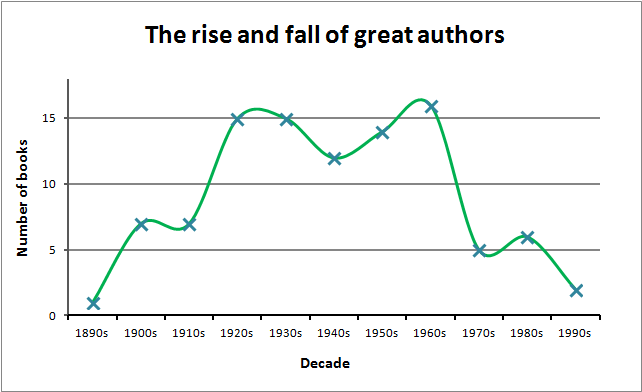
From the graph, it would seem that the golden age of literary fiction lasted from the 1920s til the 1960s. Every decade in this period produced roughly double the number of top novels as the decades preceding and following. A few conjectures spring to mind:
- There may be an incubation period of ~30 years before a book has been around long enough to gain sufficient readership and enter people’s minds’ as an enduring masterpiece. This would explain the relative scarcity of titles between 1970 and ~2000, which is when most of the original top 100 lists were compiled.
- While one of the lists excluded titles prior to 1923, this alone can’t account for the big drop-off in titles before the 1920s. Rather, maybe books older than 80 years struggle to remain relevant and compete with the constant stream of new titles. If the incubation period conjecture is also true, this would suggest a peak lifespan of 50 years for a truly great book.
- Might the drop in titles from the 1970s through to the end of the century have something to do with the many geopolitical and technological changes taking place at the time? Could it be that recent wars at an absurd scale are necessary to emotionally fuel truly inspired books? Indeed, many authors on our list were involved in the world wars, inspired by them or struggled to find meaning in their aftermath. Or did potential authors start getting funnelled instead into rock ‘n’ roll and disco? Did video kill the literature star? Was it the arrival of digital media, particularly the internet, that cut down the supremacy of long-form literary fiction?
If you have any insights or ideas, please leave a comment below as I’d love to hear them.
Finally, let’s look at the gender breakdown of the top-100 authors (hint: it’s not good).
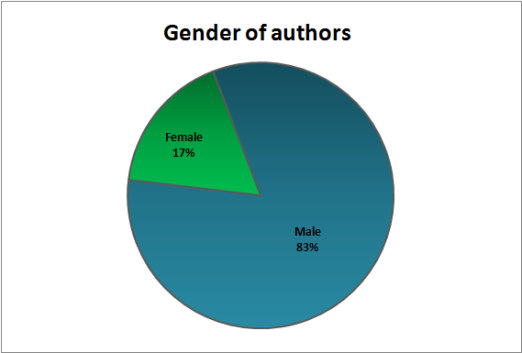
There are several points that could be made about this, but all I really have is questions. Is the substantial skew towards male authors an artefact of the six top-1oo lists used in the analysis being overwhelmingly compiled by men? And/or is it reflective of the actual publishing ratio of women to men over the past century? And/or something else? I have no idea, and any insights would be welcome. In any case, I think it would be valuable to repeat this analysis using a far more representative selection of starting titles, and might do so in a future post if I can track down some lists to work with.
Thanks for reading! If you enjoyed this article, why not sign up for the mailing list at the top right of the page? You’ll get about one email at the end of each month when the latest post comes out. Or tell a friend! Or come say hi on our Facebook page at https://www.facebook.com/tradingatoms/

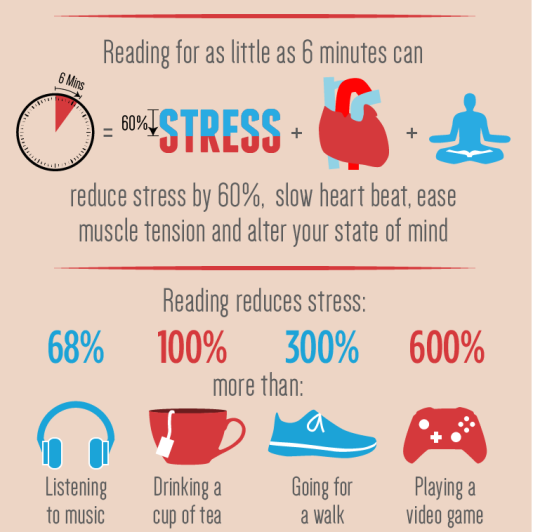
I am a little surprised that vocab continues to increase, quite a lot, beyond your 20’s. I usually skip a word that isn’t familiar, as the context is usually enough to give an approximate meaning. Occasionally I will grab the big red Dictionary I have next to the bed, but I then rarely actually remember the new word. Ron (older than 30)
Brilliant! Thanks for the list! So puzzling though that none of the old English classics (Austen, Dickens, Bronte sisters etc) are on there. Makes my heart hurt. But always good to have a few new suggestions. 🙂
I felt the same way, but then I realised that most of them were published pre-1900, which disqualified them from most of the lists used to make the master list. Fear not, they’re obviously still excellent!